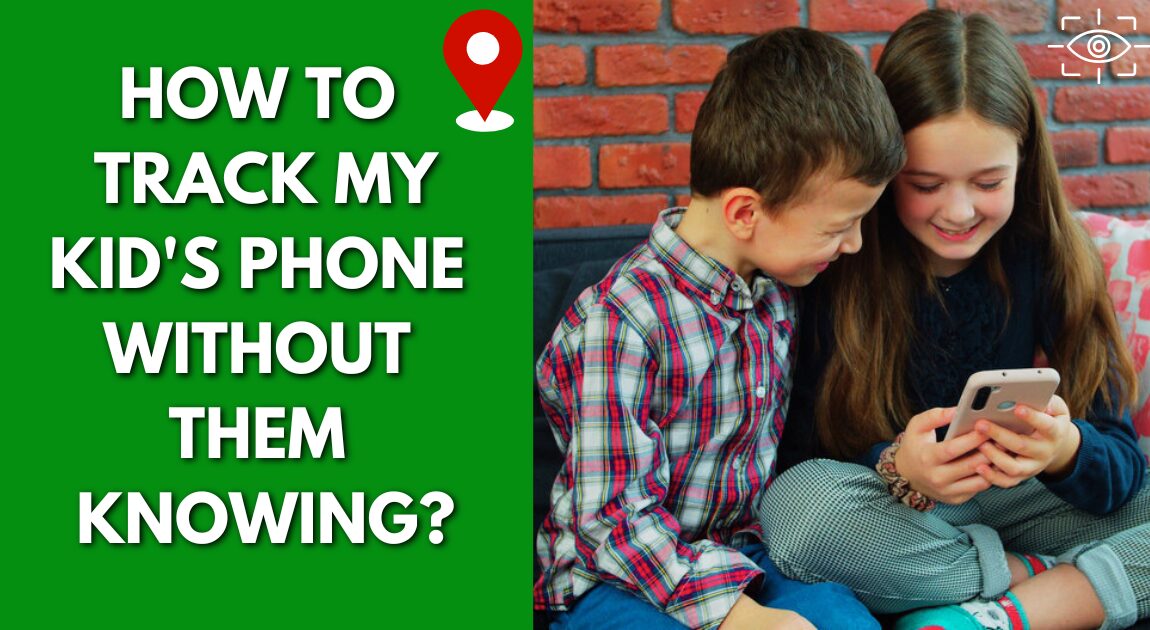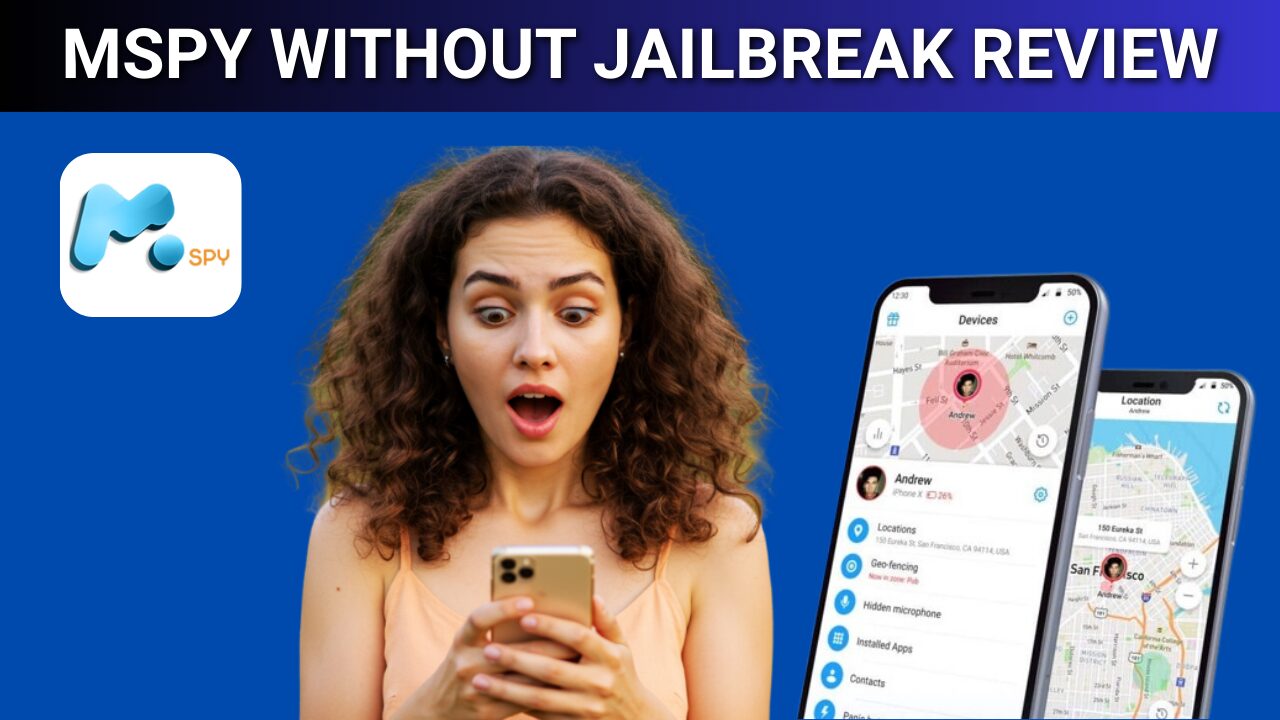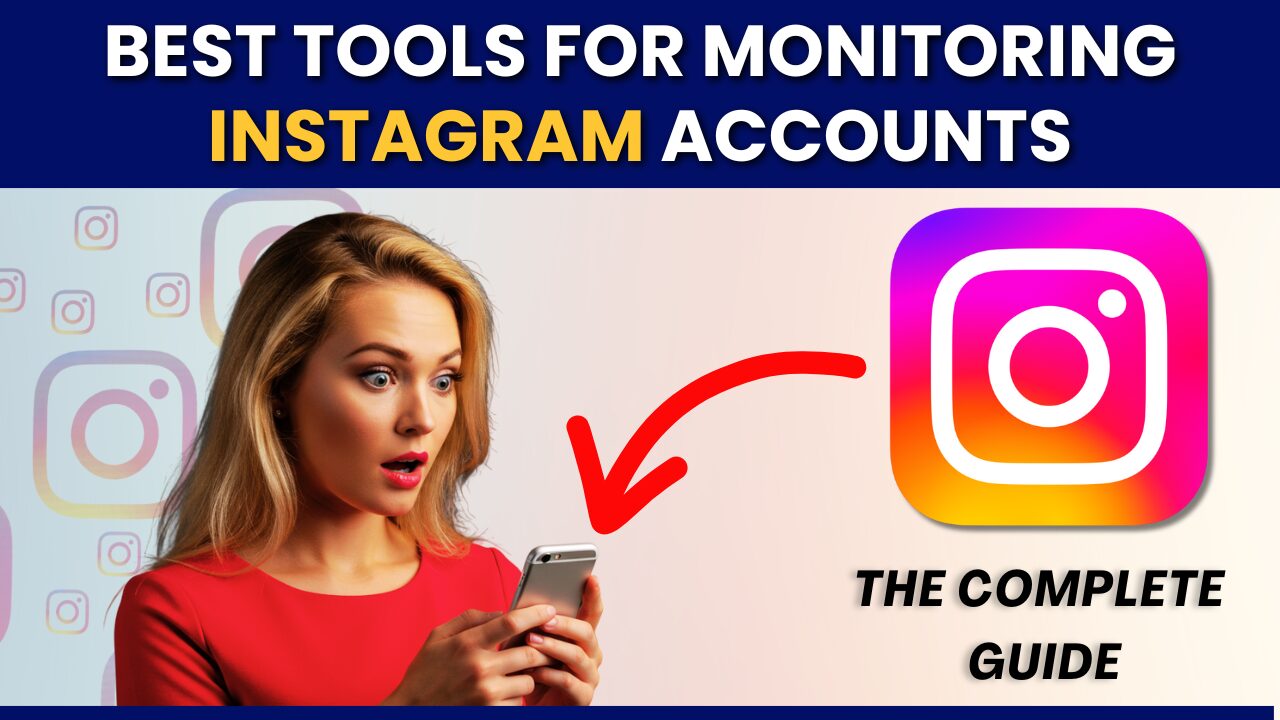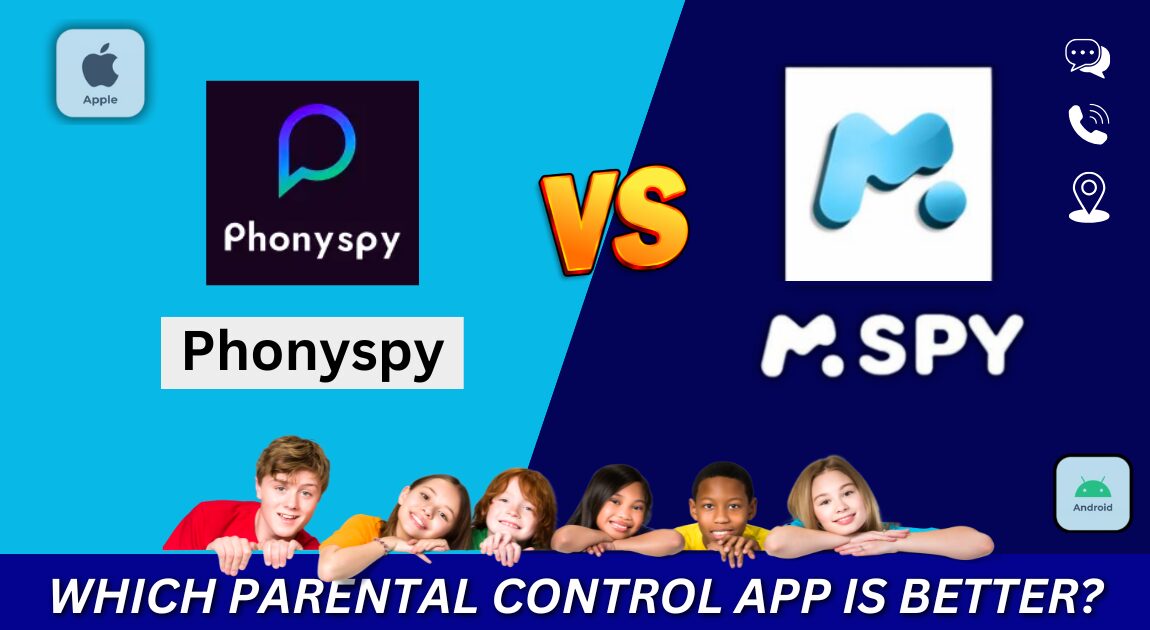In the digital age, keeping track of your kid’s phone has become a priority for many parents. With the rise of smartphones and the vast internet landscape, ensuring the safety of children while respecting their privacy is a delicate balancing act.
Parents often find themselves in a quandary, wondering how to effectively monitor their child’s phone without overstepping boundaries or infringing on trust.
This article explores the various ways to track your kid’s phone without them knowing, providing insights into apps, GPS technology, ethical considerations, and more.
What Are the Best Ways to Track a Phone Without Them Knowing?
Is There an App to Track Phone Activity?
Numerous apps are available on the market that allow parents to track their child’s phone activity without them knowing. Monitoring apps, available on the app store, offer a discreet way to access phone usage data, track your child’s location, and even set time limits on screen time.
These apps often function silently in the background, providing reports and alerts directly to the parent’s device. Some popular parental control apps include features like web filtering, app blocking, and the ability to view call logs and messages, offering a comprehensive suite of monitoring tools.
Can You Track a Smartphone with GPS?
Using GPS to track a smartphone is a reliable and accurate method. GPS location tracking can pinpoint a phone’s location with impressive precision, allowing parents to keep track of their child’s whereabouts in real-time.
Many smartphones come equipped with built-in GPS capabilities, which can be accessed through parental control apps or standalone GPS trackers. These trackers provide a way to monitor your child’s movements throughout the day, offering reassurance and peace of mind when they are out of sight.
How Does a Phone Tracker Work?
A phone tracker operates by leveraging the GPS technology within the smartphone to determine its current location. When installed, a phone tracker app can send location data to a designated server or directly to the parent’s device.
This data can be viewed on a map interface, often integrated with services like Google Maps, providing real-time updates and location history. In addition to location tracking, these apps can offer additional features such as geofencing, which alerts parents when their child enters or leaves predetermined areas.
How Can I Track My Kid’s Phone for Free?
Are There Free Apps to Track Phone Location?
For parents seeking cost-effective solutions, there are free apps available that offer basic phone location tracking features. While these apps might not provide the comprehensive suite of features found in paid versions, they do offer essential location tracking capabilities.
Google Family Link is one such app that allows parents to monitor their child’s phone activity, set time limits, and track their child’s location for free.
These applications can be a great starting point for parents looking to monitor their child’s safety without incurring additional expenses.
What Is the Google Family Link?
Google Family Link is a parental control app designed to help parents manage their child’s smartphone usage. It allows parents to set digital ground rules, such as screen time limits, app approvals, and content filters.
In addition, it provides location tracking features that enable parents to keep track of their child’s whereabouts. By linking the parent’s and child’s Google accounts, Family Link offers a streamlined way to monitor and guide a child’s phone usage while fostering an open dialogue about digital responsibility.
Is It Possible to Track a Phone Without Notification?
Tracking a phone without sending a notification to the user can be achieved through certain apps that operate in stealth mode. These apps are designed to run discreetly in the background, providing location tracking and usage data without alerting the phone’s owner.
However, it is crucial to consider the ethical and legal implications of using such technology, as it involves accessing someone else’s device without their explicit consent. Parents should weigh the benefits of discreet tracking against the potential breach of trust it may entail.
What Do I Need to Know Before Using Parental Control Apps?
Which Parental Control Apps Are Most Effective?
When selecting a parental control app, effectiveness is measured by the app’s ability to provide comprehensive and accurate monitoring features. Apps like mSpy, Parentaler, and Moniterro are renowned for their robust functionalities, offering everything from location tracking to app blocking and web filtering.
These apps are designed to empower parents with the tools necessary to monitor their child’s phone usage, ensuring they have a clear understanding of their online activities and interactions.
Do Parental Apps Offer GPS Location Tracking?
Yes, most parental apps offer GPS location tracking as a standard feature. This functionality allows parents to track their child’s phone and receive real-time updates on their whereabouts.
GPS tracking is often complemented by additional features such as geofencing, which triggers alerts when a child enters or exits specific locations. This combination of features provides parents with a powerful toolset to ensure their child’s safety while they navigate the world independently.
How Do Parental Controls Affect Phone Activity?
Parental controls influence phone activity by setting boundaries and guidelines for how the device can be used. These controls can limit screen time, restrict access to certain apps, and block inappropriate content.
By establishing these parameters, parents can help their child develop healthy digital habits and reduce exposure to online risks. However, it is important to maintain open communication with the child to ensure they understand the reasons behind the controls and feel comfortable discussing their online experiences.
How Can GPS Help in Tracking a Kid’s Phone?
What Are the Benefits of Using GPS for Tracking?
GPS tracking offers several benefits for parents looking to monitor their child’s phone. It provides real-time visibility into the child’s location, enhancing their safety and allowing parents to respond quickly in case of an emergency.
GPS can also offer peace of mind when a child is traveling, ensuring they reach their destination safely. Furthermore, GPS can help parents understand their child’s daily routine and habits, enabling them to make informed decisions about their child’s well-being.
How Accurate Is GPS Location Tracking?
GPS location tracking is highly accurate, often pinpointing a phone’s location within a few meters. The precision of GPS tracking makes it an invaluable tool for parents who need to ensure their child’s safety.
However, factors such as signal strength, environmental conditions, and device settings can affect accuracy. Despite these variables, GPS remains one of the most reliable methods for tracking a phone, providing a dependable way to monitor a child’s movements.
Can GPS Track a Phone Without an App?
While GPS is an integral part of most smartphones, tracking a phone without an app is generally not feasible. Apps are required to access and transmit the GPS data to the parent.
These apps facilitate the process by offering user-friendly interfaces and additional features that enhance the tracking experience. Without an app, parents would need direct access to the phone to view location details, making apps the preferred choice for seamless and effective tracking.
Is It Ethical to Track a Kid’s Phone Without Their Knowledge?

What Are the Legal Implications?
Tracking a child’s phone without their knowledge raises significant legal and ethical questions. In many jurisdictions, accessing someone’s phone without their consent can be considered an invasion of privacy, potentially leading to legal repercussions.
Parents must be aware of the laws in their region and ensure they are complying with regulations when using tracking technology. It is essential to balance the need for safety with respect for the child’s privacy rights.
How to Discuss Location Tracking with Your Child?
Open communication is key when discussing location tracking with your child. Parents should explain the reasons for tracking, emphasizing safety and protection rather than control. Engaging in a transparent conversation can help build trust and alleviate any concerns the child may have.
It is important to listen to the child’s perspective and address any objections they might raise, fostering a collaborative approach to digital safety.
What Are the Privacy Concerns with Using a Tracker?
Privacy concerns are a significant consideration when using a tracker to monitor a child’s phone. Parents need to ensure that the data collected is secure and used responsibly.
It is important to select reputable apps that prioritize user privacy and provide clear data handling policies. Additionally, parents should regularly review the data collected to ensure it is necessary and relevant, maintaining a balance between safety and respect for the child’s autonomy.
Conclusion
Keeping your kids safe in today’s digital age is a top priority for parents, and tracking their phones can provide peace of mind. By using reliable parental control apps or GPS tracking tools, you can monitor their activities and ensure their safety discreetly.
It’s important to choose a method that balances your need to protect them with their right to privacy, fostering trust and understanding in your relationship.
Always make sure to comply with legal and ethical guidelines when using tracking tools. With the right approach, you can create a safer environment for your children to thrive in both the online and offline worlds.





